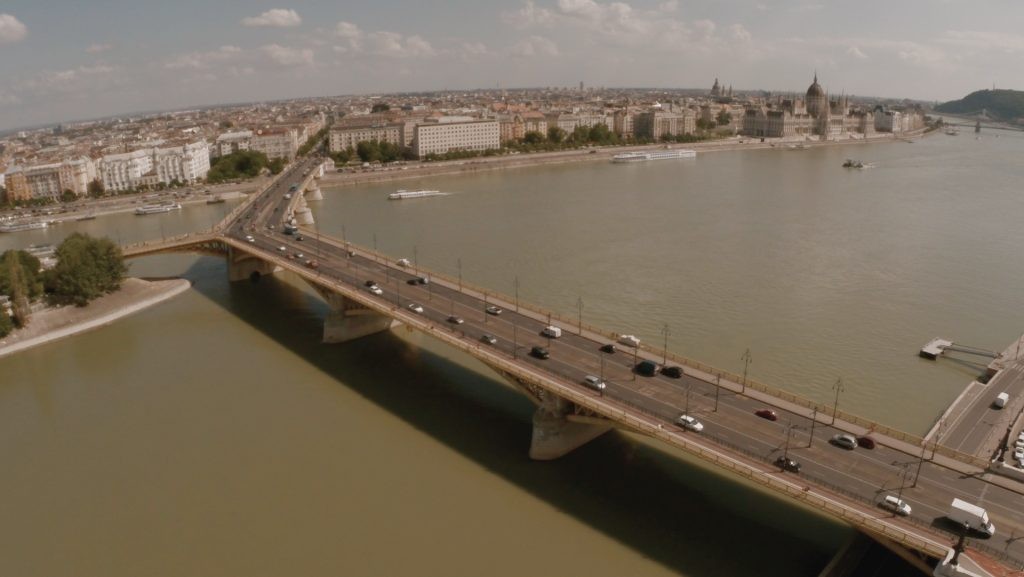The https://english.atlatszo.hu use cookies to track and profile customers such as action tags and pixel tracking on our website to assist our marketing. On our website we use technical, analytical, marketing and preference cookies. These are necessary for our site to work properly and to give us inforamation about how our site is used. See Cookies Policy
Increase in costs of Budapest bridge renovation remain unknown
Poor management and questionable contracts led to Budapest ending up having to pay several times as much as it planned for the reconstruction of one of its busiest bridges. The venture was off schedule to start with, it was finished late and has become synonymous with excessive waste of funds.
Margit hid, or Margaret bridge is one of the busiest connecting points over the river Danube between the Buda and Pest sides of the Hungarian capital. Because of extensive use and aging, by the early 2000s the bridge was starting to decay, necessitating reconstruction otherwise it would have been an imminent safety risk to anyone traveling on it. Early estimates put the overall budget of the project at around HUF 5 billion (€16 million). However, that was not to be. In 2012, the court ruled in favor of the implementing MH 2009 consortium, awarding it over HUF 30 billion (€97 million) after the costs of the project kept on increasing year by year.

The out-of-control increases in costs was in large part due to the poor management of the project at the Budapest municipality. Accounts say that even from the planning stage proper supervision was lacking, various departments kept passing on responsibility and the necessary tasks, and the required documentation wasn’t available, which in turn led to more delays. Eventually, the town hall had no choice but to accept a bid for the bridge renovation well above its original budget, because it had fallen into such a poor state that it was becoming dangerous. The start of the project was also held up by two other infrastructure developments, which led to road closures and risked taking Margit hid, one of the busiest conduits in the city, out of circulation, and would have potentially brought traffic to a stand-still in the city centre. Budapest also had to resort to some trickery to make sure that it could get a bigger chunk of the financing from European Union funds, since under normal conditions the bridge project would have been ruled out.
The bridge renovation eventually began but by then the changing political environment also had an adverse effect. The left-liberal political control of the city under mayor Gabor Demszky was seeing its polling numbers plummet and it was clear that the political right, then in opposition, was sure to win the 2010 general elections. Several corruption scandals that erupted during those times show that the outgoing management was more interested in getting what it still could out of its ruling position rather than trying to properly manage the city’s affairs.
The reconstruction project was eventually completed in 2011, originally scheduled for spring, but true to form, the bridge officially re-opened in December. Whether the overall cost is actually unjustified is difficult to tell, since Budapest signed a contract with MH 2009 that allowed it to keep numerous details of the contract confidential, so there is no way to know how much it charged for various elements. Because of the delays in implementation, Budapest town hall, by that time under the management of conservative mayor Istvan Tarlos tried to sue the builders with the hope of reclaiming at least some of the overall spending. Seeing that the city was in many ways to blame, the motion was turned down and the amount had to be paid in full.
Your support matters
Atlatszo.hu is financed by nonpartisan and non-governmental sources;
we do not accept money from state institutions, political parties and affiliates.
We rely on support from readers. Donate here.

